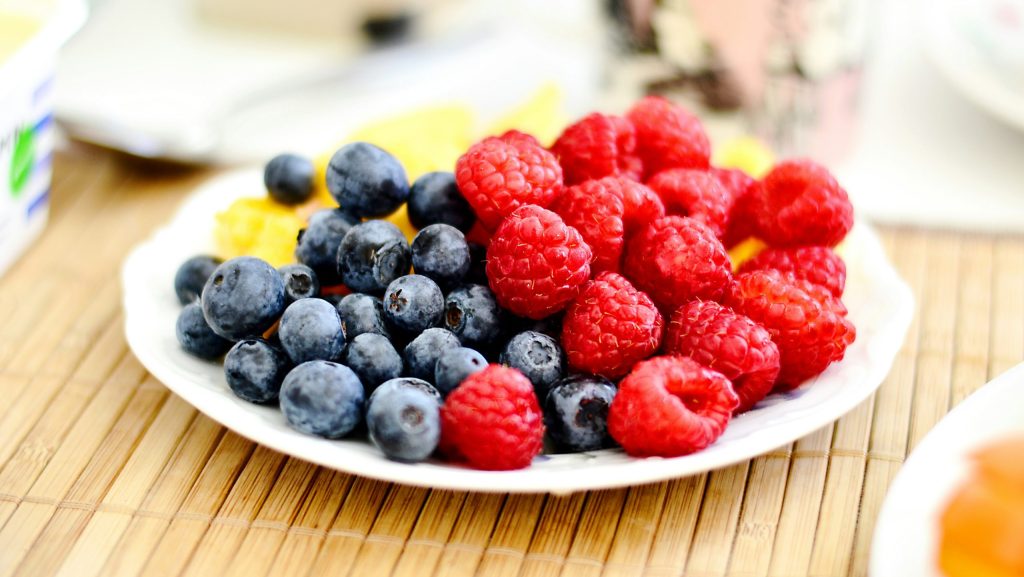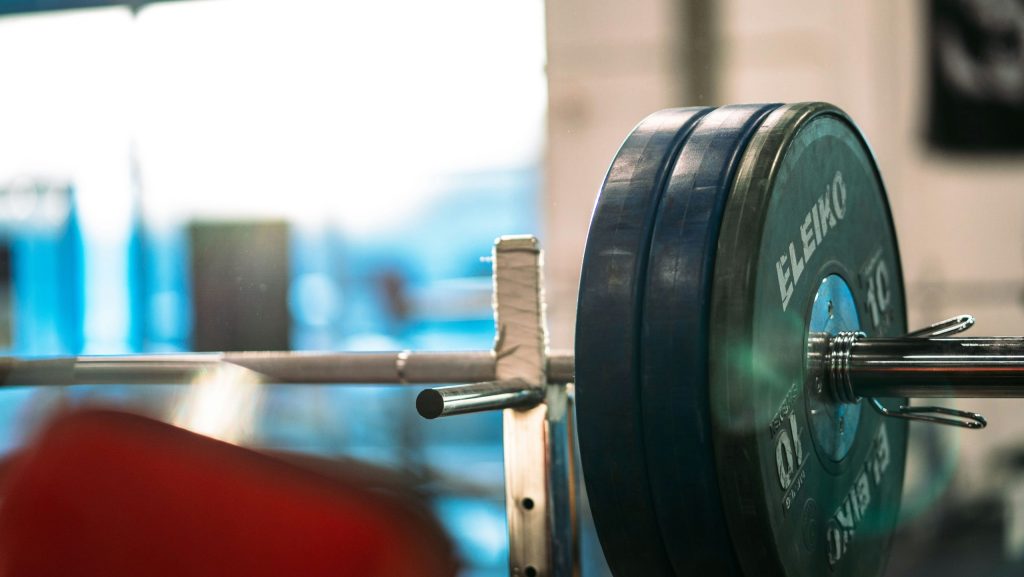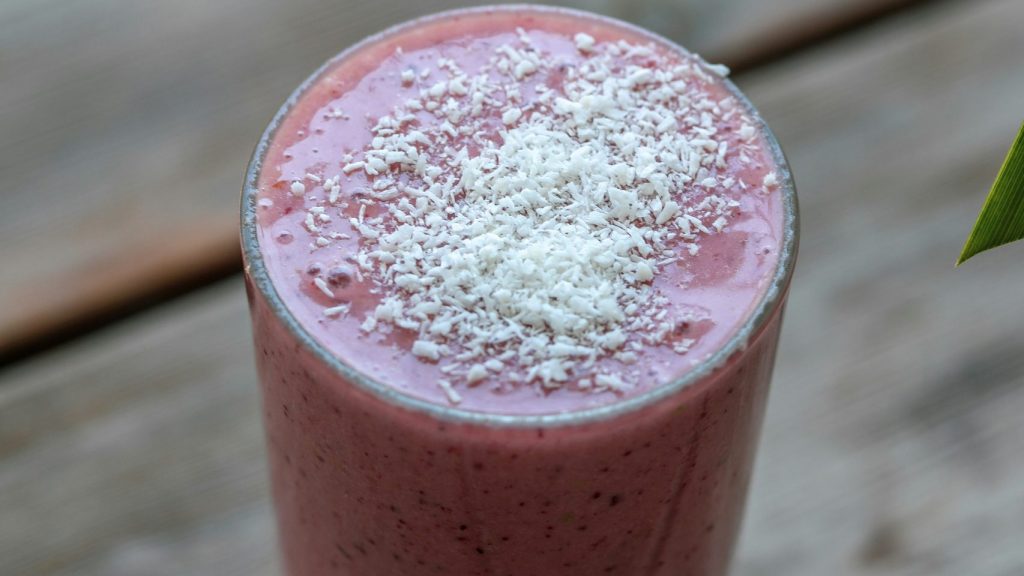Table of Contents
The fitness community has increasingly adopted dairy-free diets, driven by dietary restrictions, personal health preferences, and a comprehensive understanding of nutrition’s role in optimizing bodily functions. Dairy-free protein shakes are becoming essential for individuals seeking alternatives due to lactose intolerance, ethical considerations, or plant-based dietary choices. These shakes offer a valuable source of protein and nutrients, critical for muscle recovery and growth, without the digestive discomfort often associated with dairy products.
Key Topics Covered
- The Benefits of Dairy-Free Protein Shakes: Explains the health, digestive, and environmental advantages of choosing plant-based over dairy proteins.
- Top Plant-Based Protein Sources: Examines the most effective plant proteins like soy, pea, hemp, and rice for muscle recovery and growth.
- DIY Dairy-Free Protein Shake Recipes: Offers recipes for nutritious shakes suitable for pre-workout energy boosts and post-workout recovery.
- Integrating Dairy-Free Shakes into Your Fitness Routine: Provides guidance on effectively incorporating these shakes into a daily diet for enhanced fitness outcomes.
- Comparing Dairy and Dairy-Free Protein Shakes: Offers a comparative analysis of the nutritional content, taste, texture, cost, and accessibility between dairy and dairy-free protein shakes.
Adopting dairy-free protein shakes can align with various health goals, including improving digestive health, minimizing environmental impact, and accessing nutritious alternatives to dairy-based shakes. This article compiles essential information and practical advice for individuals exploring dairy-free protein options, supporting informed dietary decisions that complement fitness objectives.
“Did you know that switching to dairy-free protein shakes can not only cater to your dietary restrictions but also offer a variety of health and environmental benefits?”
The exploration into dairy-free protein shakes emphasizes their nutritional benefits, including how they can be integrated into fitness regimens. The focus is on providing factual, comprehensive information to aid in the selection of suitable protein sources, preparation of delicious shakes, and understanding the comparative advantages of dairy-free options.
Dairy-Free Protein Shakes: Nutritional, Health, and Environmental Benefits
Dairy-free protein shakes offer nutritional, health, and environmental benefits, making them a valuable part of a balanced diet. This article delves into the advantages of these plant-based alternatives, focusing on their nutritional value, positive impact on digestive health, and contribution to environmental sustainability.
“Pea protein is not only rich in iron and arginine, crucial for muscle growth, but also offers significant benefits for heart health due to its arginine content.”
Nutritional Value of Dairy-Free Proteins: Dairy-free protein sources such as soy, pea, hemp, and rice provide a wide array of essential nutrients. These include not only high-quality protein but also vitamins, minerals, and beneficial phytonutrients.
Nutritional Comparison Between Dairy and Plant-Based Proteins
| Nutrient | Dairy Protein (per 100g) | Plant-Based Protein (per 100g) |
|---|---|---|
| Protein | 20g | 15-25g |
| Fiber | 0g | 1-8g |
| Iron | 0.2mg | 2-6mg |
| Fat | 1-5g | 1-3g |
Digestive Health Benefits: Dairy-free shakes improve digestive health by avoiding lactose, which can cause discomfort for many people. Additionally, plant-based proteins can offer prebiotic fibers that support gut health.
Environmental and Ethical Considerations: Choosing plant-based protein sources reduces the environmental impact associated with dairy production and supports more ethical food production practices.

Exploring Top Plant-Based Protein Sources
Exploring plant-based nutrition reveals several key protein sources that are both nutritionally rich and aligned with various dietary preferences. Plant-based proteins like soy, pea, and hemp offer distinct health benefits, essential nutrients, and are suitable for a wide range of dietary needs.
Soy Protein Isolate
Soy protein isolate is a high-quality plant-based protein, rich in essential amino acids necessary for muscle repair and growth. It is particularly noted for its high protein content and the presence of isoflavones, which have been linked to numerous health benefits, including improved heart health and potential protective effects against certain cancers.
“Soy protein isolate is not only a complete protein source but also contains isoflavones, compounds known for their antioxidant properties and potential health benefits.”
Soy protein is ideal for individuals looking for a robust protein source to support their fitness goals, offering benefits that extend beyond muscle synthesis to include overall health and wellness.
Pea Protein
Pea protein stands out for its excellent amino acid profile, including branched-chain amino acids (BCAAs) that are critical for muscle recovery. It’s a great source of iron, which plays a vital role in energy production, making it an excellent option for athletes and those with higher physical demands.
Hemp Protein
Hemp protein is celebrated for its comprehensive nutritional profile, providing not only protein but also essential fatty acids, fiber, and a variety of vitamins and minerals. Its inclusion of omega-3 fatty acids makes it beneficial for heart health and anti-inflammation, while its fiber content supports digestive health.
Nutritional Profiles Enhancement
Soy Protein Isolate:
-
- Complete protein with all essential amino acids.
- High in isoflavones, promoting heart health.
- Supports muscle synthesis and recovery.
Pea Protein:
-
- Rich in BCAAs, crucial for muscle repair.
- Hypoallergenic, suitable for sensitive individuals.
- High iron content, supporting energy levels.
Hemp Protein:
-
- Good source of omega-3 fatty acids.
- Contains dietary fiber, aiding digestion.
- Provides a broad spectrum of vitamins and minerals.
In summary, the adoption of plant-based protein sources like soy, pea, and hemp into one’s diet can significantly contribute to meeting nutritional needs, supporting fitness goals, and promoting overall health. These proteins are not just alternatives to dairy but stand-alone choices offering a range of health benefits and nutritional values.
Integrating these plant-based proteins into daily dietary practices can help individuals achieve their health and fitness objectives while also aligning with ethical and environmental values. As research into plant-based nutrition continues to evolve, the role of these proteins in supporting a healthy lifestyle becomes increasingly clear.

DIY Dairy-Free Protein Shake Recipes
Dietary supplementation with DIY dairy-free protein shakes provides essential nutritional support for fitness enthusiasts and those following a plant-based diet. These homemade shakes cater to various dietary needs, from energy boosting to muscle recovery and meal replacement.
Pre-Workout Vegan Shakes
Pre-workout shakes are formulated to energize and sustain physical activity. Ingredients like bananas provide quick carbohydrates for energy, while plant-based protein powders add necessary amino acids for muscle endurance. Incorporating a blend of carbohydrates and proteins is crucial for maximizing workout performance and energy levels.
Post-Workout Plant-Based Recovery
Recovery shakes aim to repair muscle and reduce inflammation post-exercise. Antioxidant-rich ingredients, such as berries, aid in reducing oxidative stress, while proteins support muscle synthesis. Turmeric, known for its anti-inflammatory properties, is an excellent addition to recovery shakes.
“Turmeric contains curcumin, a compound with powerful anti-inflammatory properties, making it a perfect addition to post-workout shakes for reducing muscle inflammation.”
Nutrient-Dense Meal Replacement
Meal replacement shakes offer a balanced mix of macros and micronutrients, ensuring a fulfilling and nutritious meal alternative. Key ingredients include leafy greens, nuts, seeds, and plant-based milk, providing vitamins, minerals, and healthy fats.
Simple Table: Key Ingredients and Nutritional Benefits
| Ingredient | Benefit |
|---|---|
| Chia Seeds | High in Omega-3, Fiber |
| Spinach | Rich in Iron, Vitamins A and C |
| Almond Milk | Calcium, Vitamin D, Low Calorie |
Homemade dairy-free protein shakes are not merely alternatives; they are a testament to the versatility and effectiveness of plant-based nutrition in supporting fitness and overall health. By selecting specific ingredients, individuals can tailor their shakes to meet their nutritional requirements and taste preferences.
Creating these shakes involves a simple process: select a base (such as almond milk or water), add a protein source (like pea or soy protein powder), and incorporate fruits, vegetables, and other nutrient-rich foods. The result is a personalized shake that supports workout performance, recovery, and daily nutritional needs.
Integrating DIY dairy-free protein shakes into one’s dietary regimen offers a customizable approach to nutrition. With the right ingredients, these shakes can serve as powerful tools for achieving fitness goals, enhancing recovery, and ensuring a balanced diet.

Strategic Integration of Dairy-Free Protein Shakes into Fitness Routines
Integrating dairy-free protein shakes into a fitness routine is a strategic approach to nutrition, enhancing physical performance and recovery. To maximize the benefits of dairy-free protein, it is crucial to consider the timing of consumption, balance of macronutrients, and the importance of hydration.
Timing for Optimal Results
Optimal protein consumption timing is key to muscle recovery and growth. Studies show that consuming protein shortly after exercise significantly increases muscle protein synthesis.
“Consuming protein within 30 minutes after a workout can increase muscle protein synthesis by over 50% compared to waiting several hours.”
To support muscle repair and growth, integrate dairy-free protein shakes into your post-workout recovery routine, leveraging the anabolic window to fuel muscle synthesis and repair.
Balancing Macronutrients
A balanced intake of carbohydrates, proteins, and fats is essential for a well-rounded fitness nutrition plan. Dairy-free protein shakes offer a versatile foundation for achieving this balance.
- Adding fruits or oats provides necessary carbohydrates for energy and workout endurance.
- Including nuts or seeds in your shake introduces healthy fats essential for hormone production and cell structure.
- Incorporating a variety of plant-based protein sources ensures a complete amino acid profile for muscle repair and growth.
This macronutrient balance supports not only muscle recovery but also overall health, making dairy-free protein shakes a comprehensive nutritional solution.
Hydration and Dairy-Free Proteins
Adequate hydration is vital when consuming protein shakes as part of a fitness regimen. Protein intake requires sufficient water to facilitate digestion and nutrient absorption. Ensuring proper hydration, especially in conjunction with high-protein diets, promotes optimal bodily function and supports workout recovery. Include water-rich fruits or vegetables in your shakes and maintain regular water intake throughout the day to meet your hydration needs.
Integrating dairy-free protein shakes into your dietary regimen offers a customizable and effective strategy for supporting fitness goals. By focusing on the timing of consumption, ensuring a balance of macronutrients, and prioritizing hydration, you can enhance workout performance, accelerate recovery, and maintain a balanced diet.
Comparing Dairy and Dairy-Free Protein Shakes
Choosing between dairy and dairy-free protein shakes is a crucial decision that impacts nutritional intake and fitness outcomes. This section offers a detailed comparison of their nutritional content, taste, texture, and cost to aid in making an informed choice.
Nutritional Content Comparison
Dairy protein shakes typically offer high levels of calcium, vitamin D, and complete proteins essential for muscle development and bone health. Conversely, dairy-free shakes have evolved to match these nutritional profiles closely, with many plant-based options like soy and pea proteins providing complete amino acid arrays essential for muscle repair and growth.
“Soy and pea proteins provide all nine essential amino acids, making them complete proteins that are competitive with dairy proteins in supporting muscle growth.”
Taste and Texture
The taste and texture between dairy and dairy-free shakes can vary significantly. Dairy shakes are known for their creamy consistency and generally well-accepted taste. On the other hand, advancements in food technology have greatly enhanced the flavor and mouthfeel of dairy-free shakes, offering a range of textures and flavors that appeal to a wide audience.
- Dairy shakes typically offer a creamy texture and mild flavor.
- Dairy-free shakes have improved significantly, with variations like almond, soy, and oat bases providing unique tastes.
- Many dairy-free shakes now include natural thickeners and flavor enhancers to improve mouthfeel and taste.
Cost and Accessibility
The cost and accessibility of protein shakes have shifted over time. Initially, dairy-based shakes were more affordable and widely available. However, the growing demand for plant-based options has led to a competitive market, with dairy-free alternatives becoming more accessible and comparably priced.
When comparing dairy and dairy-free protein shakes, it’s essential to consider individual dietary needs, taste preferences, and budget. Both options have their benefits, and the choice often comes down to personal preference and specific health goals. With the increasing quality and variety of dairy-free shakes, consumers have more options than ever to support their fitness and nutritional needs.

Conclusion: Dairy-Free Protein Shake Alternatives
The exploration of dairy-free protein shakes in this article provides a comprehensive overview of their benefits, nutritional profiles, and practical application within a fitness and health nutrition framework. These shakes offer an invaluable resource for those looking to enhance their dietary regimen, support fitness goals, and adhere to dietary preferences or restrictions.
Key Insights from the Article:
- Dairy-free protein shakes provide essential nutritional, digestive, and environmental benefits.
- A variety of plant-based protein sources offer complete nutritional profiles suitable for various dietary needs.
- Customizable DIY shake recipes cater to specific fitness objectives, whether for pre-workout energy, post-workout recovery, or meal replacement.
- Effective integration of dairy-free shakes into fitness routines enhances workout performance and recovery, emphasizing the importance of timing, macronutrient balance, and hydration.
- A comparative analysis of dairy versus dairy-free protein shakes reveals significant differences in nutritional content, taste, texture, and cost, guiding informed dietary choices.
In closing, the shift towards incorporating dairy-free protein shakes into dietary practices represents a key adaptation for individuals focused on achieving their health and fitness objectives. This transition is supported by a growing body of research and consumer experience that highlights the efficacy of plant-based proteins in meeting the nutritional demands of an active lifestyle.
Embrace the journey towards optimal health and fitness by integrating dairy-free protein shakes into your routine. Discover the power of plant-based nutrition to fuel your fitness goals.
The information and strategies discussed provide a foundation for understanding how to optimize the use of dairy-free protein shakes, from selecting the right ingredients to timing consumption for maximum benefit. By considering the comparative advantages of dairy-free options, readers are equipped to make choices that align with their health goals, dietary preferences, and environmental values.
In essence, the potential of dairy-free protein shakes to support a healthy, active lifestyle is clear. As nutritional science evolves and consumer preferences shift towards more sustainable and health-conscious options, dairy-free protein shakes stand out as a versatile and effective component of a balanced diet. Whether for fitness enthusiasts, those with dietary restrictions, or anyone in between, the benefits of integrating these shakes into one’s dietary regimen are significant and multifaceted.